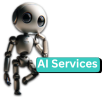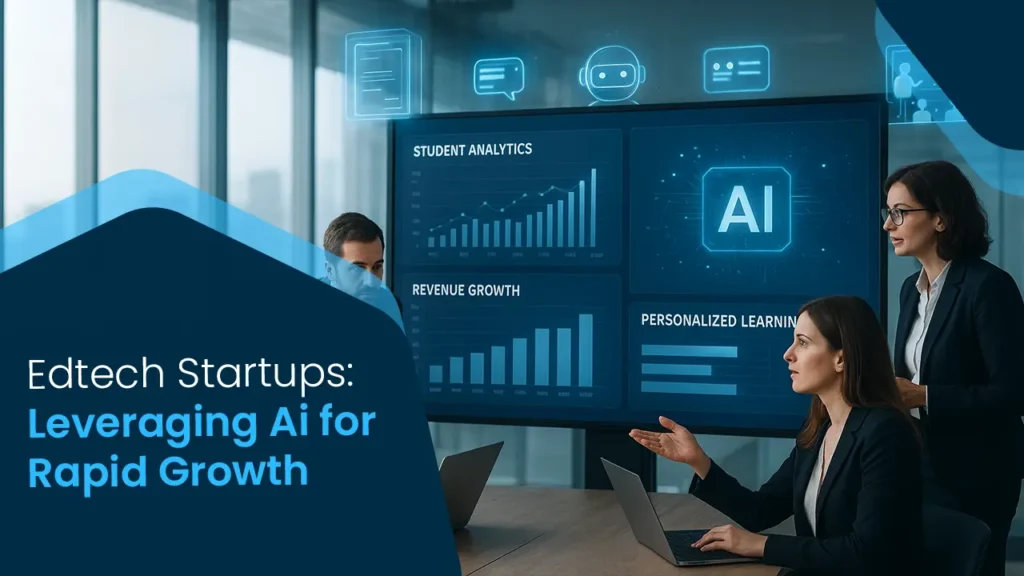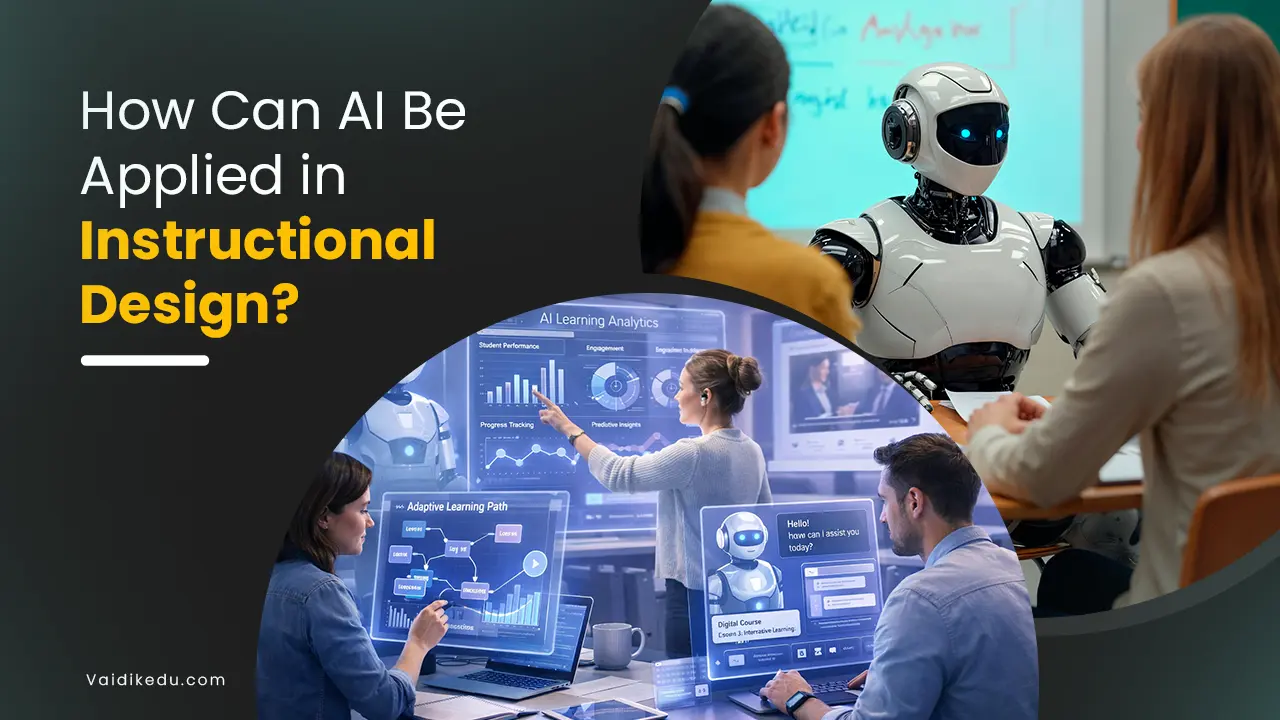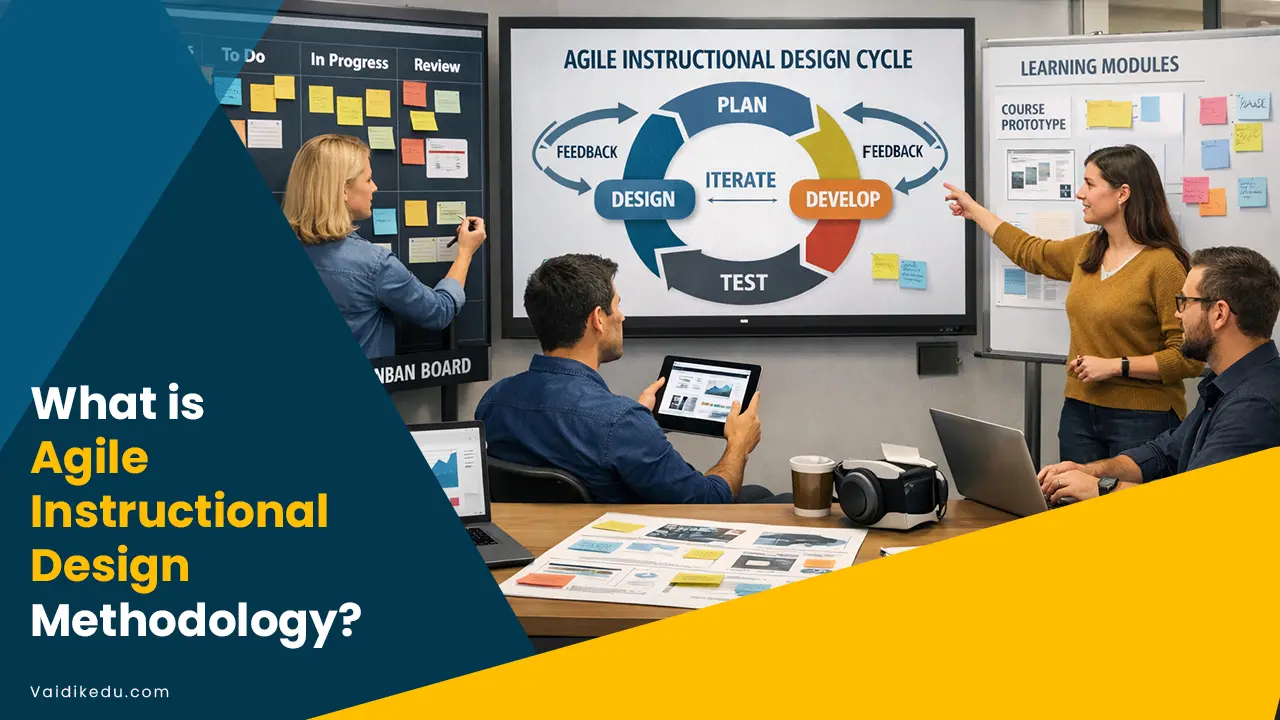The EdTech industry has changed a lot in recent years. This is mainly due to artificial intelligence (AI). Startups in this field are using AI to improve education and grow fast. AI helps make learning personal and engaging. It also removes barriers like language and disabilities.
Tools powered by AI save time for teachers. That is because it handles tasks like grading and scheduling. Startups use AI to analyze data. This is done to understand users and make better decisions. However, challenges like data privacy and high costs still exist. Also, bias in AI models can also be a problem.
The future of EdTech looks bright with trends like adaptive tests. AI is shaping a new, accessible era of education. This blog deals with how AI is helping the education sector to reach a different dimension.
The combination of AI And Edtech
AI can process a lot of data quickly. It can find patterns and make smart decisions. For EdTech startups, this means creating flexible and efficient solutions. AI helps in many areas such as:
- Personalized Learning: AI platforms study how students learn. They create customized lessons.
- Administrative Efficiency: AI tools handle tasks like grading and attendance. This frees up time for teachers.
- Data-Driven Insights: AI analyzes data to help teachers and schools make better decisions.
- Games And Engagement: AI makes learning fun and interactive through games.
- Language And Accessibility: AI offers tools like translation and speech assistance. This makes education available to everyone.
Personalization: The Key To Engagement
AI is changing how students learn by making lessons personal. Traditional education often teaches everyone the same way. This does not work for all students. AI solves this problem by:
- Understanding how each student learns best.
- Giving instant feedback and adjusting lessons.
- Finding gaps in knowledge and offering extra help.
For example, DreamBox and BYJU’S use AI to create custom lessons. This improves learning outcomes. It also keeps students using their platforms for longer, which helps these startups grow.
AI-Powered Gamification:
Gamification means using game-like elements in learning. AI makes gamification even better. It studies how users behave and:
- Changes the difficulty of games to match the learner’s ability.
- Suggests challenges that suit the student’s skill level.
- Improves reward systems to keep users engaged.
Duolingo is a great example. It uses AI to create fun, personalized language lessons. This has helped Duolingo become very popular.
Breaking Barriers with AI Accessibility Tools
Education should be available to everyone. AI helps remove barriers like language or disabilities. Key AI tools include:
- Google Translate helps students learn
- Real-Time Translation:things in their own language.
- Text To Speech And vice versa: This helps visual and hearing impaired students.
- AI Tutors: Virtual assistants like ScribeSense provide help anytime, anywhere.
These tools help EdTech startups reach more students. They also support global efforts to make education inclusive.
Streamlining Operations with AI
Schools often face administrative challenges. EdTech startups use AI to solve these issues by:
- Automating grading and assessments.
- Managing enrollments and attendance.
- Optimizing resources like classrooms and schedules.
For example, GradeScope uses AI to grade handwritten assignments. This saves teachers a lot of time. By simplifying operations, startups let educators focus more on teaching.
Strategies in Data Analytics
In today’s digital world, data is very important. AI helps EdTech startups analyze data to:
- Understand how users behave and what they prefer.
- Identify market trends and opportunities
- Measure how effective the educational content is.
Startups like Knewton and Coursera use AI to analyze data. This helps them improve their platforms and grow faster.
Challenges in using AI
Using AI in EdTech comes with challenges. Startups need to overcome issues such as:
- Data Privacy And Security: Protecting sensitive student data is crucial. Startups must follow strict rules like GDPR or FERPA.
- High Development Costs: Building AI systems requires a lot of money and skilled workers.
- Bias in Algorithms: AI can sometimes reinforce unfair biases in its data.
- Resistance To Change: Teachers and schools may hesitate to use AI tools. Some fear it might replace jobs.
To succeed, startups need to address these challenges. They should focus on ethical and transparent practices.
Opportunities in The Future
AI is growing rapidly. Hence the role of Edtech also becomes crucial.
Some of the future trends are given as:
- Assessments that are adaptive will help students a lot. Tests that adjust based on a student’s performance will be very helpful.
- AI and visual reality can be combined together. It creates a different learning experience.
- Professionals can learn new skills using these AI platforms.
- AI tools enable students to work together as a group.
Conclusion
AI is changing the EdTech sector. It helps startups grow quickly by improving learning and making education more personalized. AI can make lessons fit each student’s needs. It also helps schools by automating tasks like grading and attendance. Gamification makes learning fun and engaging with AI.
AI tools help people with language or disabilities, making education accessible for everyone. While there are challenges like data privacy and high costs, startups are finding ways to manage them. AI is also improving how data is used to make better decisions.
As AI develops, new trends like adaptive tests and virtual reality will make learning even better. AI is helping create a more efficient and inclusive educational experience.
The future of EdTech looks promising with AI driving its growth. This technology will continue to provide new opportunities for both students and teachers. Education could be changed in a positive manner.
Frequently Asked Questions
EdTech startups personalize the learning experience. It also automates administrative tasks. The engagement of students can also be improved. Through the analysis of data, AI develops personalized lessons. It helps in tasks like grading.
AI learns about each student and adapts the lessons accordingly. It gives immediate feedback. It also provides extra help to students. Lessons are customized for students to learn better.
AI promotes gamification. This promotes better engagement with students. The difficulty of games can be adjusted according to different students. This overall makes the learning a total fun experience. Students are also kept motivated by these measures.
Future trends include adaptive assessments. These assessments adjust to students’ performance. It also includes immersive learning experiences using virtual reality. AI tools can be used for lifelong learning. These innovations will enhance how students learn and interact with educational content.
These are used to understand the behavior of users. Their preferences can also be understood easily. In this way, better quality content can be created.









